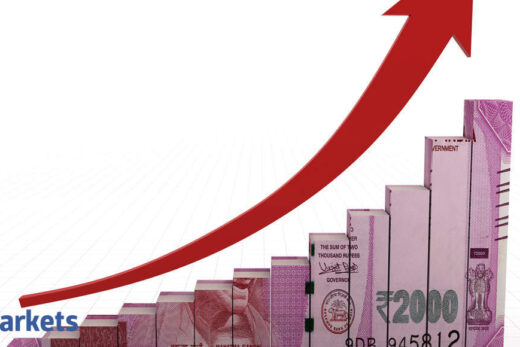Berkshire Hathaway said it earned $11.7 billion, or $7,638 per Class A share, during the first quarter as the paper value of its investment portfolio rebounded. A year earlier, Berkshire reported losing $49.7 billion, or $30,653 per share.
The conglomerate said that besides the investment gains, profit also improved at all of its major divisions – including insurance, utility, railroad, manufacturing and retail companies – as the economy continued to recover from the pandemic during the first three months of this year. But Berkshire said it can’t predict how the coronavirus will affect the economy going forward.
CFRA Research analyst Cathy Seifert said she was surprised that Berkshire’s many economically sensitive businesses didn’t improve more given how much the economy has recovered, but that it looked like the company controlled costs well at its major divisions.
Buffett has long said Berkshire’s operating earnings offer a better view of quarterly performance because they exclude investments and derivatives, which can vary widely. By that measure, Berkshire’s operating earnings improved to $7.018 billion, or $4,577.10 per Class A share. That’s up from $5.87 billion, or $3,617.62 per Class A share a year ago.
The four analysts surveyed by FactSet expected Berkshire to report operating earnings of $3,792.36 per Class A share.
Berkshire continued its streak of major stock repurchases by investing $6.6 billion in its own stock during the quarter. The Omaha, Nebraska-based company spent $25 billion on repurchases last year. Seifert said investors will applaud the significant buybacks.
But Berkshire is still sitting on $145.4 billion in cash and short-term investments because Buffett has struggled to find major acquisitions for the company for several years.
“They’re just not really putting a lot of capital to work,” Edward Jones analyst Jim Shanahan said.
Later Saturday, Buffett will spend several hours answering questions at an online version of Berkshire’s annual meeting. Buffett will be joined by Berkshire vice chairmen Charlie Munger, Greg Abel and Ajit Jain.
Investor Cole Smead said Berkshire has largely been sitting on the sidelines in recent years without making major investments, and he’d love to see the company get more active the next time the market swoons. When the pandemic devastated markets a year ago, Berkshire took a cautious approach.
“We do not question whether Buffett and Munger have patience. That’s obvious. The question is do they have any aggression. That’s not obvious,” Smead said.
Seifert said Buffett and Munger may face some tough questions about Berkshire’s lack of corporate policies on climate change and social justice issues. Buffett has said he is largely leaving it up to Berkshire’s subsidiaries to address those issues.
“I think investors have the right to know what their views are on these issues. And so far they have not really been forthcoming at all,” Seifert said..
What will be missing at Saturday’s meeting will be the thousands of people who normally show up to hear from Buffett and Munger.
This was the second year in a row that Berkshire’s meeting was on online-only affair because of the coronavirus pandemic. This year’s event was moved outside of Omaha for the first time — to Los Angeles to be near where the 97-year-old Munger lives.
The meeting usually draws 40,000 to Omaha, filling a 18,300-seat arena and every nearby overflow room. No other company matches those crowds.
Author Bob Miles said he’ll miss “mingling with like-minded and self-selected shareholders” and talking with executives who run Berkshire subsidiaries who routinely spend part of the meeting in their company’s booth in the 200,000-square-foot exhibit hall that adjoins the arena. Berkshire companies like Geico insurance, See’s Candy and Fruit of the Loom sell their products to shareholders each year.
The fun of the meeting isn’t just for shareholders. Jim Weber, who runs Berkshire’s Brooks Running, said he longs for the chance to compare notes with fellow Berkshire managers at the one annual event that brings together the leaders of the decentralized conglomerate’s dozens of subsidiaries.
“We certainly miss that opportunity to connect with our peers,” said Weber, adding that he would likely watch some of this year’s event from a treadmill or stationary bike.
Berkshire Hathaway Inc. owns more than 90 companies, including the BNSF railroad and insurance, utility, furniture and jewelry businesses. The company also has major investments in such companies as Apple, American Express, Coca-Cola and Bank of America.



